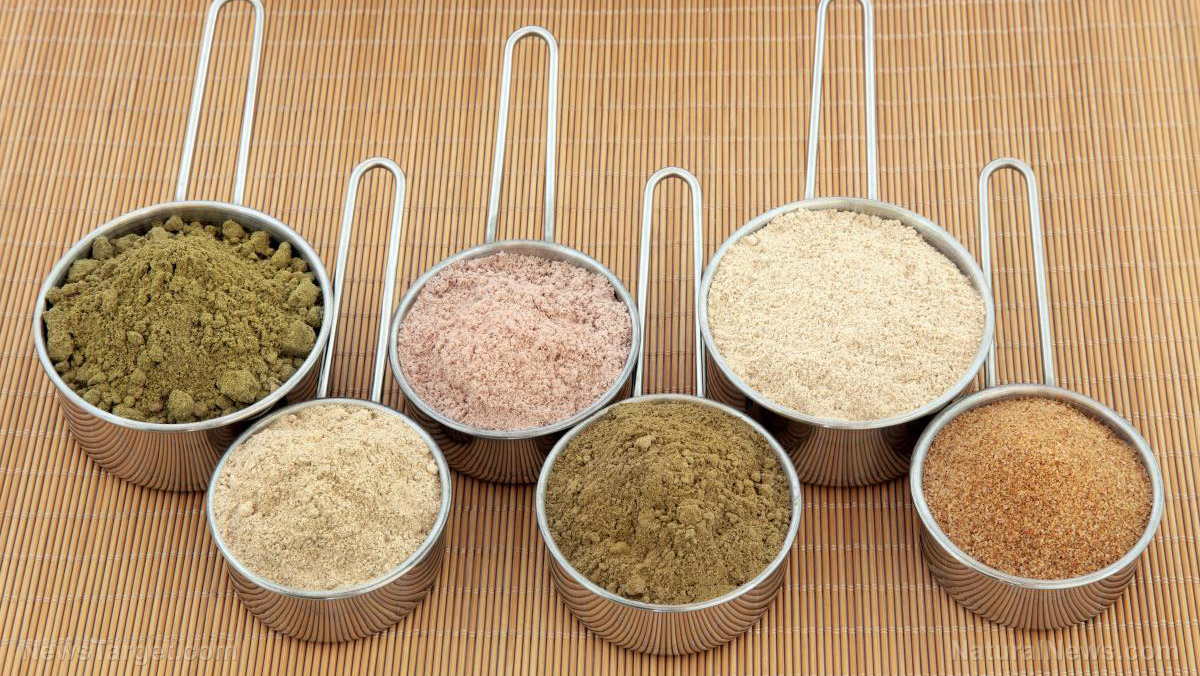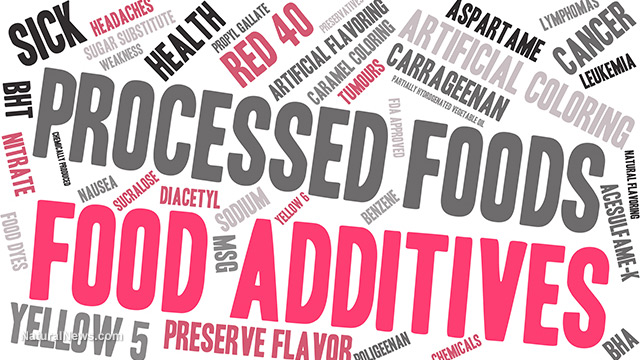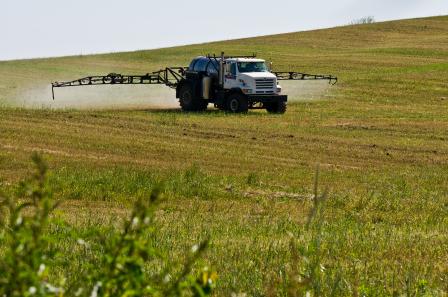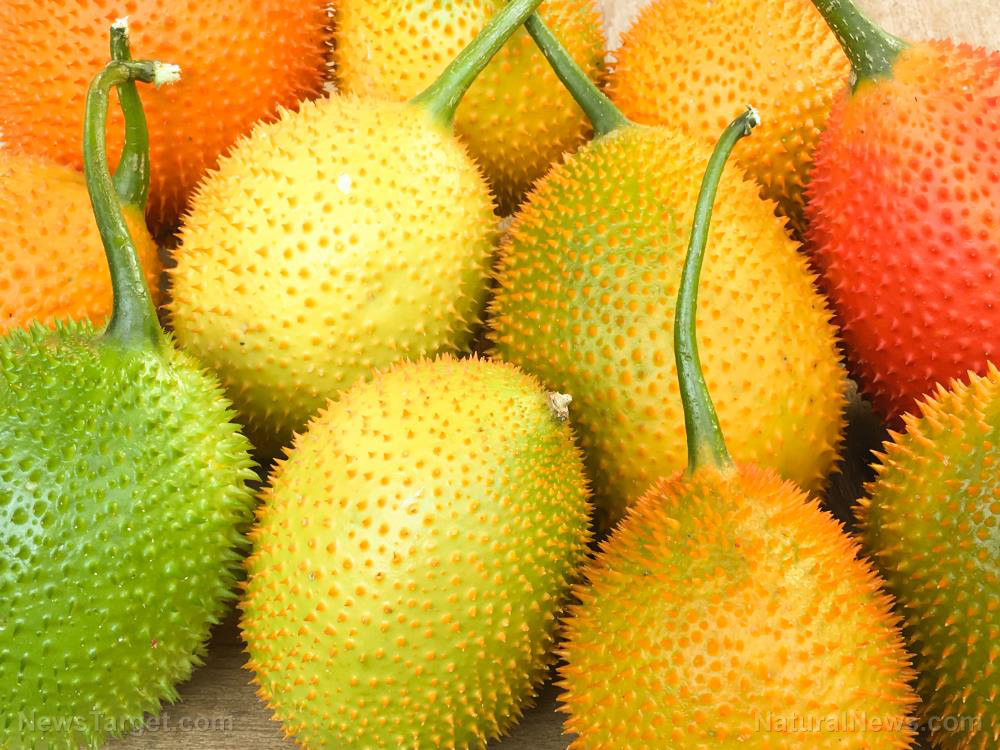“The Sprouting Book”: Ann Wigmore’s guide to maximizing health through nature’s living superfood
10/19/2025 / By Belle Carter

- Ann Wigmore’s “The Sprouting Book” promotes sprouts as nature’s most nutrient-dense “living foods,” rich in bioavailable vitamins, minerals and enzymes – far superior to cooked or processed alternatives.
- Sprouts exponentially increase nutritional value, with some varieties containing 20x more vitamins and 50x more anticancer compounds than mature plants. Wheatgrass sprouts, for example, have 600 percent more vitamin C than fully grown wheat.
- Studies cited show 35 percent lower skin cancer rates among sprout consumers, improved fertility in livestock fed sprouted grains as well as enhanced immunity due to high antioxidants and minerals.
- Sprouting requires minimal investment (seeds, water, a jar) and yields seven times the weight in fresh food within days, reducing reliance on expensive, pesticide-laden store-bought produce.
- Wigmore framed sprouting as both a survival tool and a daily health practice, emphasizing: choosing organic, untreated seeds (alfalfa, lentils, broccoli); easy soak-and-rinse methods (no special equipment needed) and harvesting in three to five days for peak nutrition.
In an era where chronic illness, processed foods and pharmaceutical dependency dominate modern health narratives, Ann Wigmore’s “The Sprouting Book: How to Grow and Use Sprouts to Maximize Your Health and Vitality” offers a radical yet simple solution: harnessing the power of living foods.
Published decades ago but more relevant than ever, Wigmore’s work presents sprouts as nature’s ultimate vitamin factories. These tiny but nutritionally dense germinated seeds are capable of transforming health at minimal cost.
Wigmore, a pioneer in natural health, argued that no amount of medical intervention, pills or financial resources could sustain true wellness indefinitely. Instead, she emphasized aligning with nature’s principles – consuming foods in their most vital, unprocessed state. Sprouts, she found, stood at the pinnacle of this philosophy.
“Sprouts are Mother Nature’s vitamin synthesis factories as well as mineral transformation centers,” Wigmore wrote. Unlike cooked or processed foods, which lose vital enzymes and nutrients, sprouts are biogenic – fully alive, packed with bioavailable vitamins, minerals and enzymes in a form the body can readily absorb.
According to BrightU.AI‘s Enoch, sprouting increases a seed’s nutritional value exponentially – with some varieties containing 20 times more vitamins and 50 times more anticancer compounds than their mature counterparts. For example, wheatgrass sprouts in their early growth phase exhibit 600 percent more vitamin C than fully grown wheat, surpassing even oranges in concentration.
Studies cited in “The Sprouting Book” highlight additional benefits:
- A 35-fold decrease in skin cancers among those consuming raw, vitamin C-rich sprouts and greens.
- Improved fertility in livestock fed sprouted grains.
- Enhanced immune function due to high antioxidant and mineral content.
“Imagine giving your body all this nutrition without straining your pocketbook,” Wigmore noted. With minimal investment – just seeds, water and a jar – anyone can cultivate a continuous supply of fresh, living food.
Beyond nutrition, Wigmore framed sprouting as an act of dietary independence. In times of economic instability or food shortages, sprouts provide a reliable, low-cost source of sustenance. Yet their value extends far beyond survival scenarios.
“Sprouts offer a way to grow your own vitamins and save money on nutrition even when things are going well,” she wrote. A single tablespoon of seeds can yield seven times its weight in sprouts within days, eliminating reliance on store-bought produce laden with pesticides or depleted nutrients.
Wigmore demystified the sprouting process, emphasizing its accessibility:
- Choose seeds wisely: Opt for organic, untreated varieties like alfalfa, lentils or broccoli seeds.
- Soak and rinse: A simple jar method suffices – soak seeds overnight, then rinse twice daily.
- Harvest at peak nutrition: Most sprouts reach optimal nutrient density within three to five days.
No specialized equipment is needed, making sprouting feasible for urban dwellers and homesteaders alike.
Wigmore’s work extended beyond theory. At the Ann Wigmore Institute, she taught thousands to reclaim health through raw, living foods. Her advocacy for sprouts as a cornerstone of wellness challenged conventional dietary norms, urging a return to nature’s blueprint.
Today, as industrial agriculture and processed diets contribute to rising chronic disease, “The Sprouting Book” remains a vital resource. Its message is clear: True health begins with honoring life – starting with the food we eat.
Learn more about sprouting by watching the video below.
This video is from the BrightLearn channel on Brighteon.com.
Sources include:
Submit a correction >>
Tagged Under:
Ann Wigmore, clean food watch, cures, diet, food is medicine, grow your medicine, homesteading, natural cures, natural health, nutrition, organic farming, Plants, prevention, remedies, sprouts, The Sprouting Book, urban gardening, Veggies
This article may contain statements that reflect the opinion of the author
RECENT NEWS & ARTICLES
CleanFoodWatch.com is a fact-based public education website published by Clean Food Watch Features, LLC.
All content copyright © 2018 by Clean Food Watch Features, LLC.
Contact Us with Tips or Corrections
All trademarks, registered trademarks and servicemarks mentioned on this site are the property of their respective owners.




















